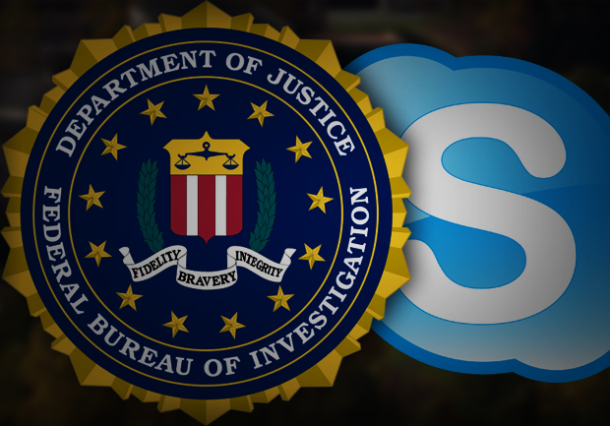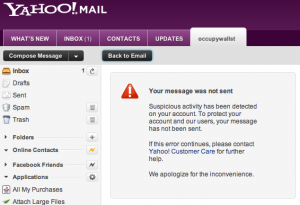Google admits its cars grabbed emails, passwords

2010 CeBIT Technology Fair in Hanover
SAN FRANCISCO (Reuters) – Google Inc admitted for the first time its “Street View” cars around the world accidentally collected more personal data than previously disclosed — including complete emails and passwords — potentially breathing new life into probes in various countries.
The disclosure comes just days after Canada’s privacy watchdog said Google had collected complete emails and accused Google of violating the rights of thousands of Canadians.
“If in fact laws were broken…then there’s some serious question of culpability and Google may need to face significant fines,” said Marc Rotenberg, the executive director of the Electronic Privacy Information Center, a Washington DC-based privacy advocacy group.
Regulators in France, Germany and Spain, among others, have opened investigations into the matter.
A coalition of more than 30 state attorneys general in the United States also have launched a joint probe.
It remains unclear how many people may have been affected by the privacy breach.
Connecticut Attorney General Richard Blumenthal, who is leading the multi-state investigation, said in a statement on Friday that Google’s disclosure about the types of data it collected “validates and heightens our significant concerns,” and noted that the investigation is continuing.
Google’s Street View cars, which are well known for crisscrossing the globe and taking panoramic pictures of the city’s streets, accidentally collected data from unsecured wireless networks used by residents in more than 30 countries, Google disclosed in May.
Read moreGoogle’s Street View cars grabbed emails, passwords












